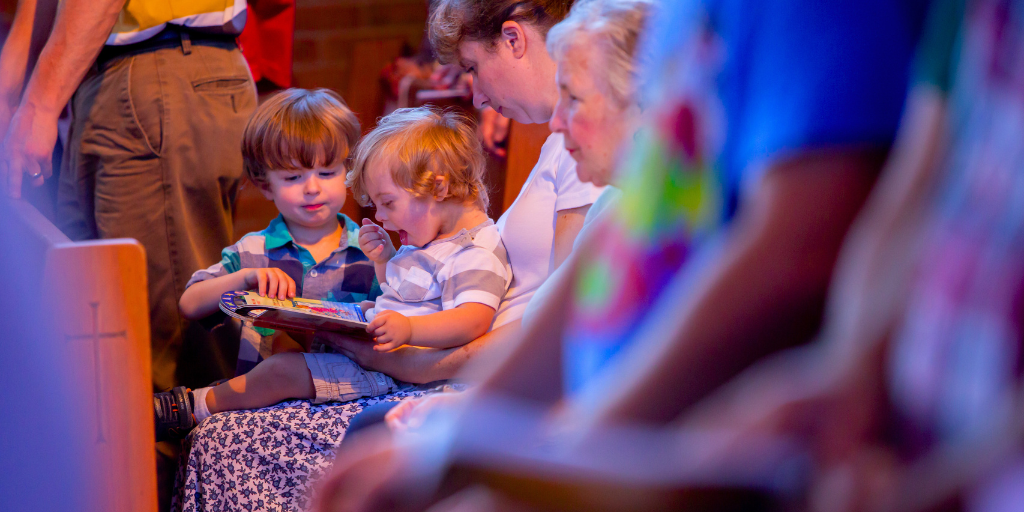
Kathryn Pasker Ineck discusses the deep friendships that can come from being involved in a parish community.
“Who is this?” I whispered from the back of the church, pointing at a life-size statue near enough for my toddler’s little hands to reach, trying to distract him from abject boredom in the middle of Mass as well as trying to rescue the nearby parishioners from my son’s shrill screeching, all the while hoping the other three kids were behaving in the pew on their own. “It’s St. Anthony holding the Baby Jesus,” I answered my own question.
I struggled to maintain my grip on his wriggly body and secretly envied my husband’s absence: as a hospital health-care worker, he was often obligated to work on Sundays. “People have heart attacks on Sundays, too,” he was wont to remark when people questioned the necessity of work on Sunday. I closed my eyes briefly as I sent up a quick prayer for patience when I felt my son’s weight lifted out of my arms. Surprised, my eyes flew open: our friend had materialized from his own pew and my son immediately settled bonelessly into Kevin’s shoulder, eyes wide open and thumb in his mouth, looking reprovingly at me from his cozy position.
Kevin shooed me away and I shot him a grateful look as I returned to my pew, stretching the sore muscles in my arms and back as I walked. Kevin’s wife dimpled a grin at me over her shoulder at me as I slipped into my seat and I saw that a couple of our kids had switched families: my middle son was tucked into Kim’s lineup while her oldest daughter’s and my oldest son’s 8-year-old heads were bent over a shared hymnal, her golden curls bouncing and both kids singing loudly and confidently. My own little daughter shifted closer to me, happy to have her mommy to herself while she quietly shushed her baby doll.
My husband wasn’t always at work on Sundays, of course, and often he reciprocated by rescuing our friends from a fussy baby as well: for some gloriously wonderful reason, the two husbands worked a mysterious magic with the babies and toddlers that we wives could not attain. And we wives were very happy to reap the benefits of a moment’s respite to pray in peace.
These friends were lifelines as we raised little humans: at that moment in time, we each had four kids. Our kids all played well together and paired off, two by two regardless of gender. We got together to deep-clean each other's homes. We traded meals. We watched each other's younger kids so we could volunteer in the older kids’ classrooms. Kevin shaved all the boys’ heads while I braided all the girls’ hair. A decade and an out-of-state move later (I’m maybe still a little disgruntled that they relocated), our teens and tweens still chat together, stream movies together, play online video games together.
All because we met at a church function.
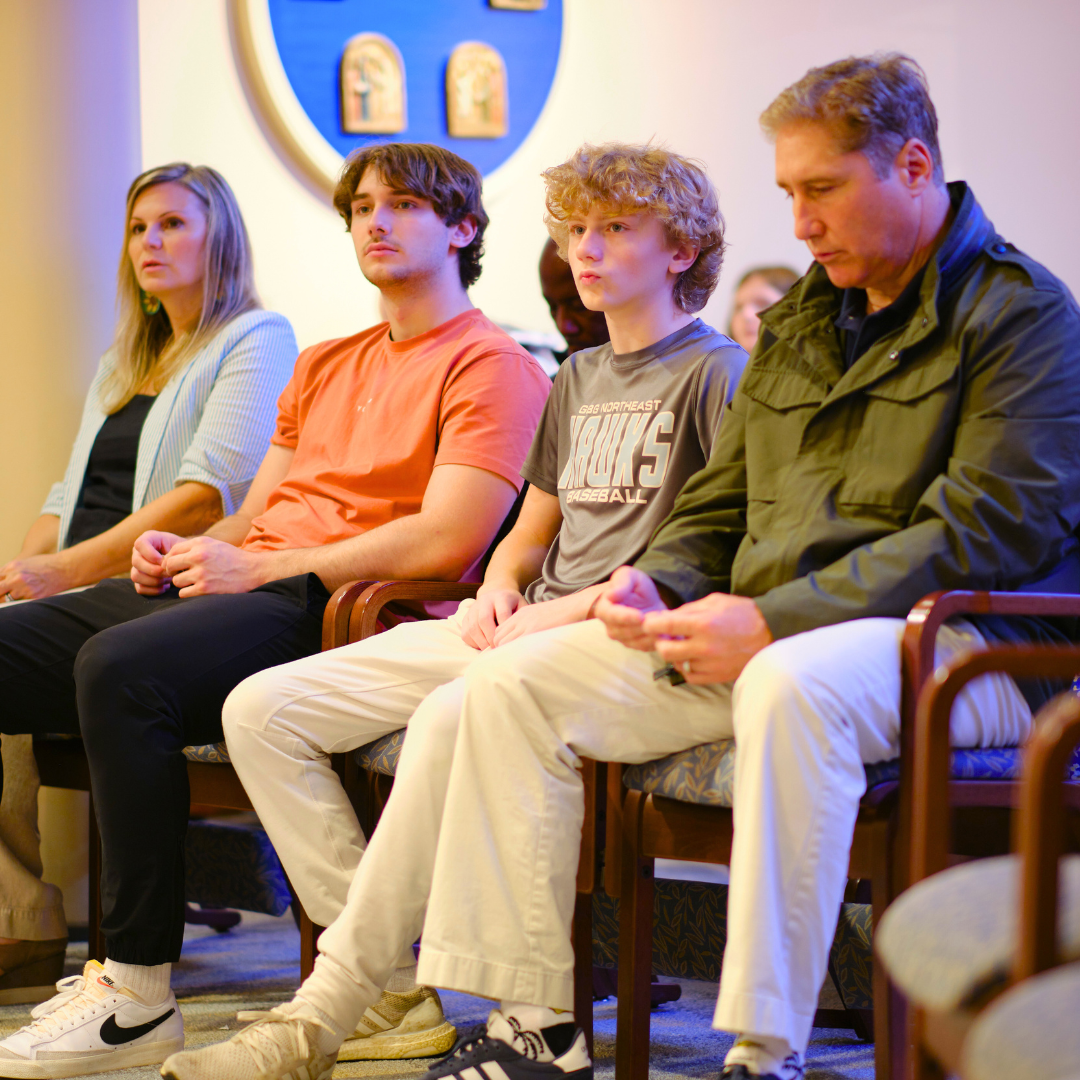
According to a 2018 Gallup poll, 47 percent of American Catholics, Protestants, Jews, and Muslims belong to a church: less than half our population. Thirty-nine percent of American Catholics attend weekly Mass. Putting aside a theological debate or exhortation on whether a believer is obligated to attend Church on Sundays, it is imperative that we acknowledge that, as our church attendance declines, so does the cohesiveness of our communities. Church membership offers us a built-in network and support system that we wouldn’t otherwise have. A lot of people scoff at this: how in the world can you attend a church service once a week and expect to develop a community?
In the late 1970s, my parents moved several states west from their families and hometowns: as many do today, they followed employment, and wherever they lived, they attended Mass and volunteered to help. While my siblings and I grew, Mom and Dad acted as Sunday School teachers and became friends with the people who taught us kids. Today, four decades later, my Sunday School teachers “Aunt Kathy” and “Aunt Lisa,” with their wonderful husbands and children, are still an active part of our family. When we moved to another state, my parents jumped into parish life at a new church, acting as parish council members and helping run dinner auctions and fund-raisers. They volunteered with Evangelization retreats and helped start up small faith communities. My dad was ordained as a deacon and my mom attended classes alongside him.
At each point along the way, my parents collected—and still collect—new friends to add to their bouquet of community: since there is no local family support, they actively cultivate and nurture friendships. We kids have our favorite “aunties” and “uncles” to cheer us on, and they act as great-aunties and -uncles for my kids. My siblings and I have “cousins” who share childhood memories of camping trips, vacations, amusement park days, college tours, mountain caravans, holidays, and BBQs; my kids love listening to all the fun memories and childhood history that this forged community tells them.
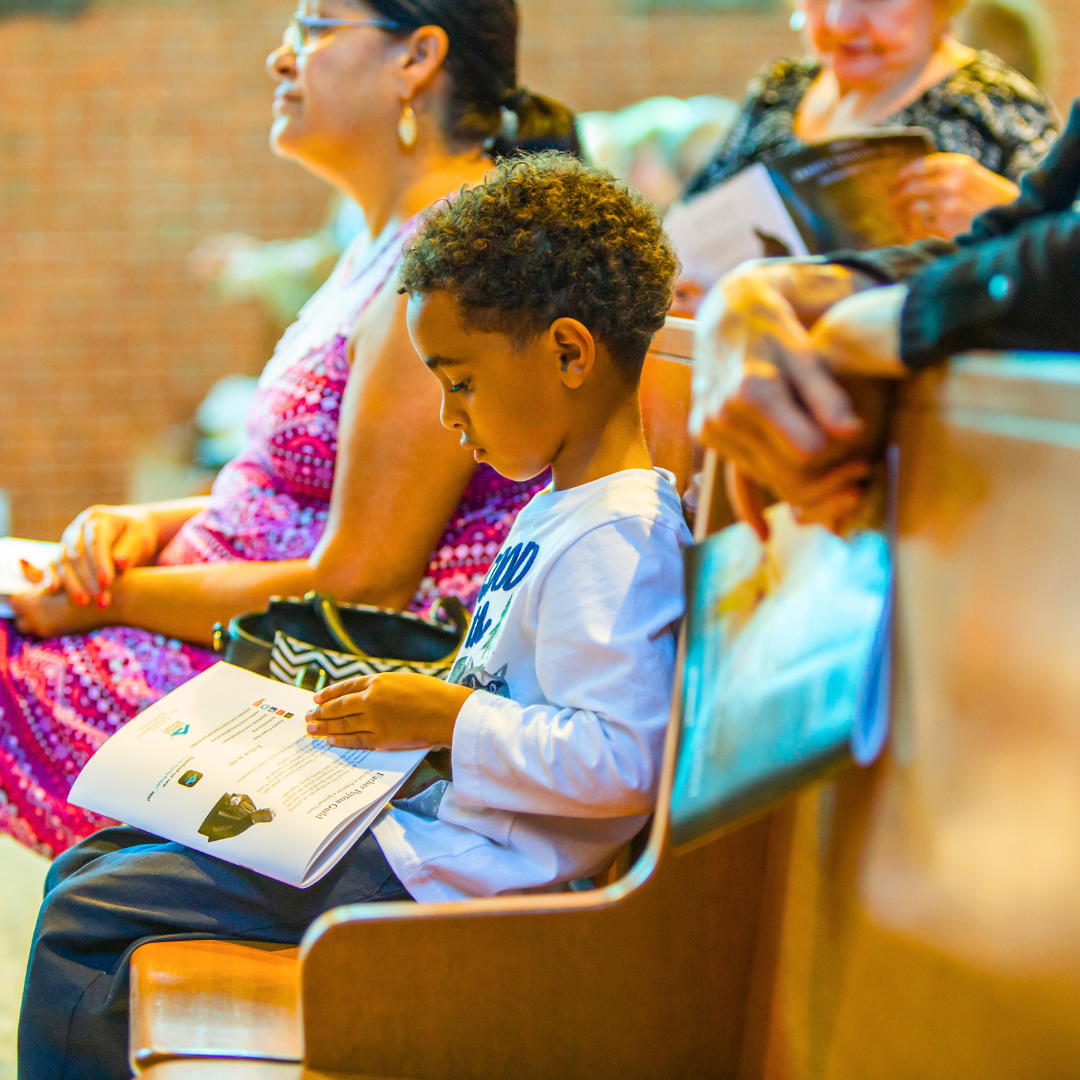
In addition to the remarkable community we enjoy, I happen to have married into a large Catholic family, and the way the in-laws and outlaws get along is the envy of many. My husband and his four siblings have a combined total of 14 children, all of whom genuinely like each other and get along spectacularly well. We all live within 20 minutes of each other and gather for holidays, birthdays, and often just because. My parents and siblings are regularly included in the family gatherings, and my parents often get together with my mother- and father-in-law because they just happen to really like each other. With such a support system, one would suppose that there would be no need to continue to reach out beyond our world to “outsiders.”
Regardless of this built-in family network though, when Jim and I were married we—like his siblings and spouses—followed both sets of our parents’ footsteps and became involved in church activities. Over the years, we taught in the religious education program and Jim helped with Life Teen. Play group, prayer groups, bible studies, and more shaped the landscape of our weeks and even years, and we collected “orphans” along the way: those who did not have local family were swept up into our orbit to forge a family, some for a season as we all found our footing and rhythm, and some for longer. We went through seasons of juggling a lot of church groups and through seasons of participating in only one or two at a time. The key isn’t filling the calendar, but reaching out beyond ourselves. It is imperative that we participate in the culture of the community and collect new friends and acquaintances to strengthen the greater community.
Of course, communities can be created in places other than church. Library programs, elementary schools, athletic programs, and more offer places for people to gather with common interests and shared experiences, and they are a great way to meet people and grow a support network. The trouble with shared hobbies and interests is that, as humans, we evolve and change. The activities we enjoyed 10 years ago are likely not the same as the ones we enjoy today: for this reason, the friendships built on common interests don’t often hold up to the test of time.
Our principles and ideologies do not usually change, though, and the very nature of Church is to be a place that exists for the purpose of loving God and one another. We are made for relationship. We are made for community. We are made for each other.
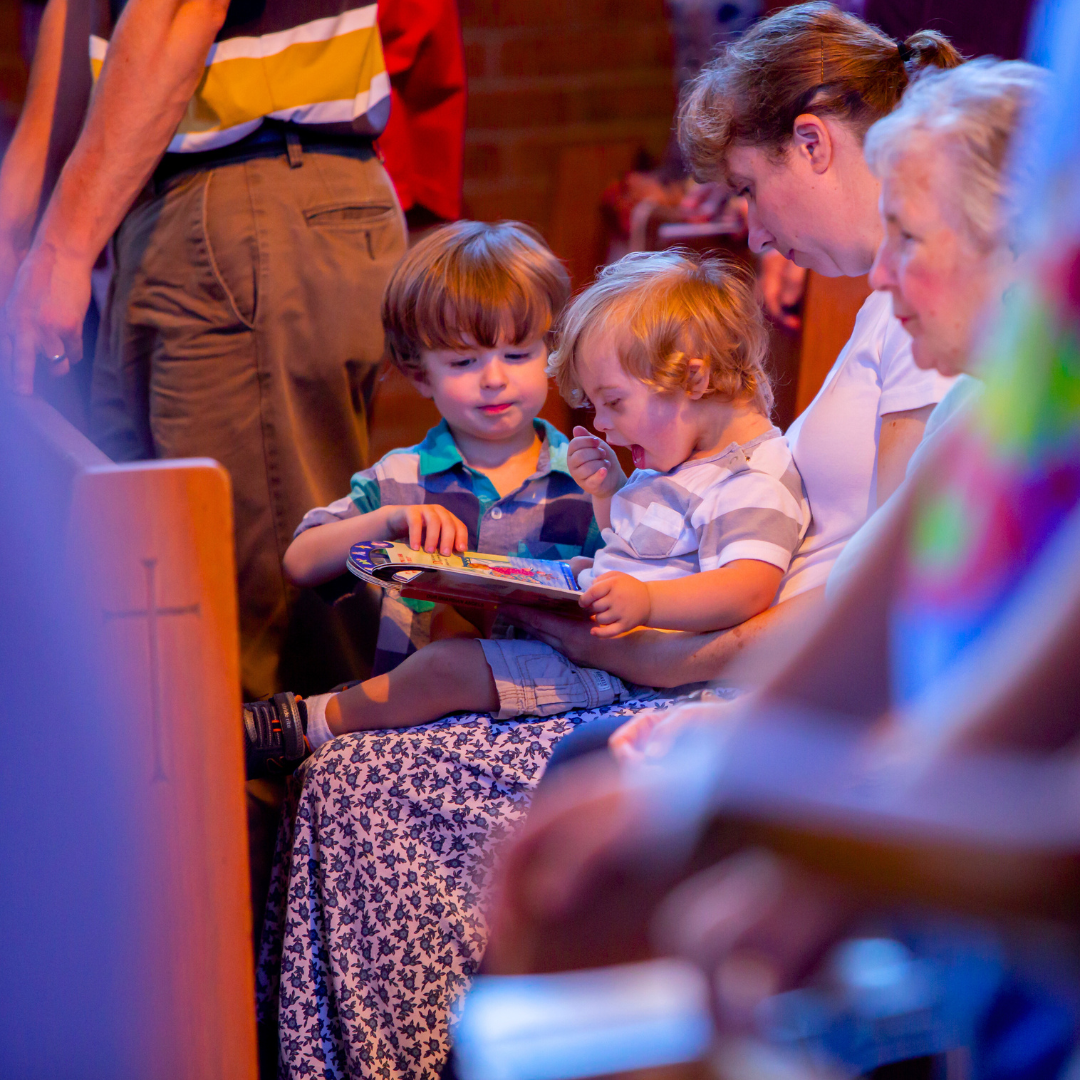
Copyright 2023 Kathryn Pasker Ineck
Images: Holy Cross Family Ministries
About the Author
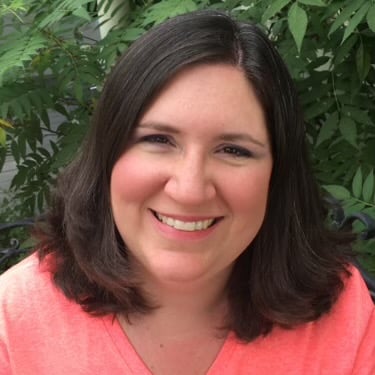
Kathryn Pasker Ineck
Married for more than two decades to her best friend, and mom of four teens, Kathryn finds that life is never boring. She pursues the heart of God--led by His gentle Mother--and relies on the Divine Mercy Chaplet, a desire for chocolate, and an insatiable thirst for reading into the wee hours of the morning. She writes to maintain her sanity at Kathryn Pasker Ineck.


.png?width=1806&height=731&name=CatholicMom_hcfm_logo1_pos_871c_2728c%20(002).png)
Comments